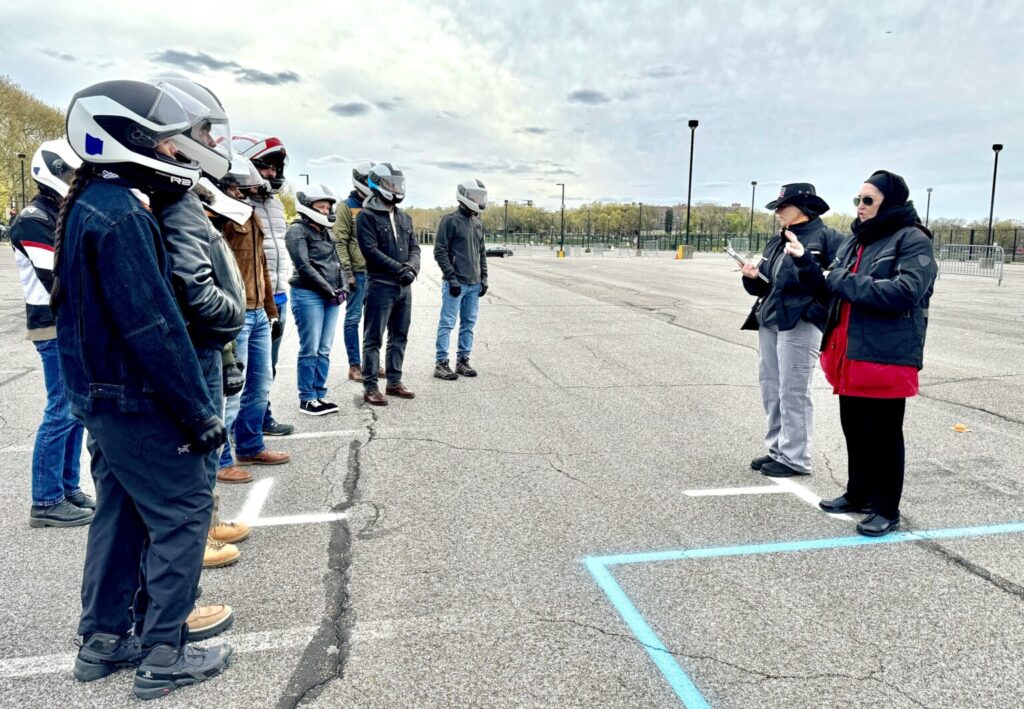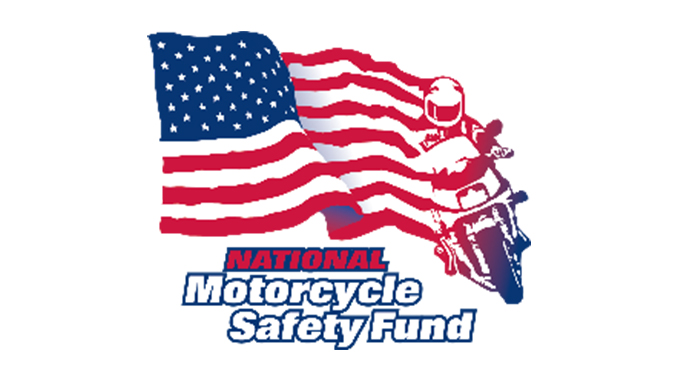The National Motorcycle Safety Fund created a $15,000 grant program to give more deaf and hard of hearing persons the opportunity to learn to ride by reimbursing Motorcycle Safety Foundation-recognized rider training sites that hire sign-language interpreters.

This is a press release from the MSF…
Irvine, CA (June 19, 2024) – The National Motorcycle Safety Fund created a $15,000 grant program to give more deaf and hard of hearing persons the opportunity to learn to ride by reimbursing Motorcycle Safety Foundation-recognized rider training sites that hire sign-language interpreters. MSF has also added a tips guide for working with deaf students, and will produce videos that will help prepare coaches, sign-language interpreters, and students before the class.
Under the Americans with Disabilities Act and similar state laws, businesses generally open to the public must make reasonable modifications in practices that would otherwise deny equal access to individuals with disabilities. MSF is the national leader in motorcycle safety training and education, with its curricula used in 46 states and by the U.S. military worldwide. Many people learn to ride through the MSF Basic RiderCourse, and a common accommodation for deaf and hard of hearing students is for a training site to hire sign-language interpreters for the course.
“Motorcycle safety is something all people should have access to,” said Chella Man and Xoài Pham, artists and advocates for the Deaf community. “Improving accessibility not only creates opportunities for collective learning but shared joy. We all deserve to experience the self-discovery and community that happens through motorcycles, not limited by background or identity.” Man, who is deaf, and Pham recently completed the Basic RiderCourse successfully, earning their motorcycle endorsements.
The MSF Basic RiderCourse is designed for beginner riders and consists of 10 hours of hands-on motorcycle training sessions spread over two days. Due to the length of time and depth of course instruction, two sign-language interpreters may be necessary. In states where MSF directly manages the training program, interpreter costs are entirely covered by MSF. In other states, NMSF grant money will help training sites defray the costs of hiring sign-language interpreters. Interpreter rates can vary by geographic location and funds will be available until depleted.
For reimbursement, training sites must email the class completion report, the interpreter’s invoice, and the name(s) of the deaf or hard of hearing student(s) to msf@msf-usa.org. MSF will send a check to the site representative. Payment will be made whether or not the student passes the course. This offer does not apply to training sites that already receive reimbursements from their state’s rider training program office.
Training sites and RiderCoaches can also access tips and best practices for working with deaf and hard of hearing students and their interpreters at the MSF Rider Education and Training System On-line Resource Guide (retsorg.org) under the “Library” tab, under “RC/RCT Materials” and under “RERP Materials.” Links to the videos, which are in production, will be available at a later date.
“It is our goal to make rider education and training as accessible as possible,” said Robert Gladden, MSF’s Vice President, Training Operations. “With the NMSF grant program for sign-language interpreters and with more information on how to work with deaf and hard of hearing students, we hope to help remove more barriers for more people.”

Click here for all the latest motorcycle Industry News on Cycle News.
